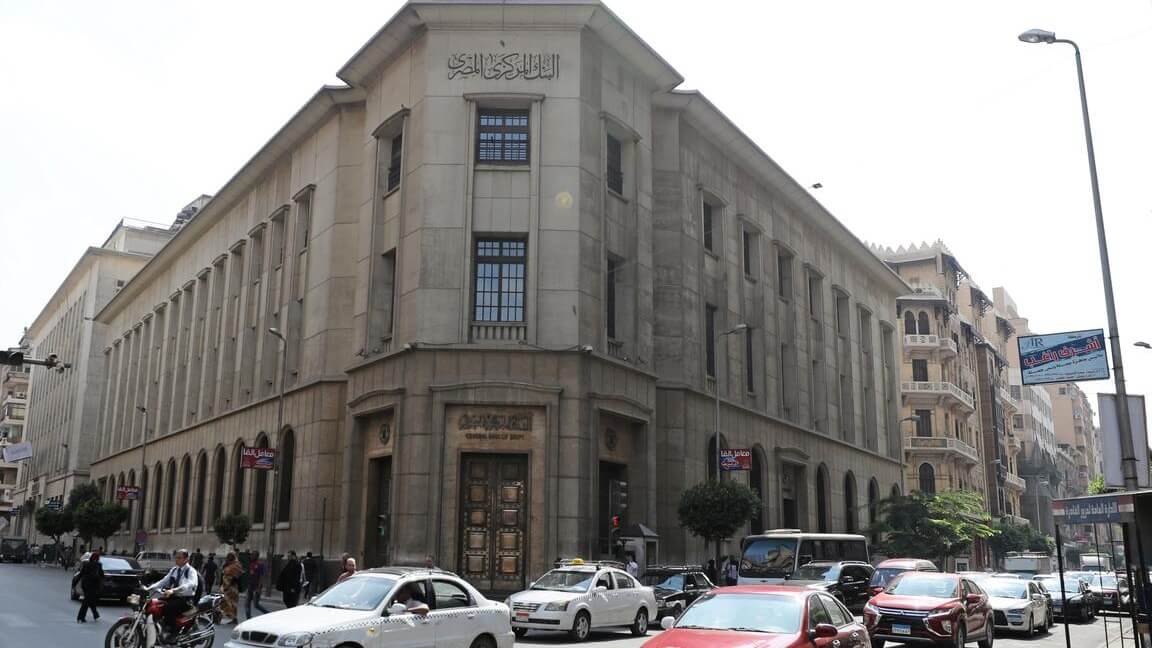While the 2019 World Investment Report ranked Egypt as the top host of foreign direct investment (FDI) inflows in Africa, with $6.8 billion in 2018, the amount records an 8.2% drop from the previous year ($7.4 billion), making people wary about how much FDI Egypt can actually attract.
On the other hand, in February, the Ministry of Finance decided to launch a Eurobond issuance of up to $2.5 billion-$3 billion. Within half an hour, the target of $3 billion had been reached. At 4:00pm, demands went up to $21.5 billion, which is when Minister Mohamed Maait decided to close the issuance.
“This happened because we brought discipline to our economy on a monetary and fiscal level. Today, investors trust what we say,” Maait explained at the annual Euromoney Egypt Conference earlier this month.
So what is it that makes investors confident in Egypt’s place in the capital market?
The economic picture of Egypt in Q4-2018
Specifically in the last quarter of 2018, Egypt was faced with an array of challenges. “The Egyptian economy was subject to many external shocks,” Maait explains.
These external shocks included an increase in oil prices to $87 per barrel, high interest rates locally and internationally, as well as $10 billion being retrieved from local banks given the emerging markets crisis.
“However, we did not deviate from our targets and protected our economy by remaining resilient,” he adds.
Why are investors confident now?
“When we announced that we are targeting a 2% primary surplus, many of them [investors and media outlets] did not believe us, given that we had just come out of a primary deficit,” Maait explained.
In July, the cabinet had announced that the intended primary surplus of LE104 billion had been reached. Maait believes that this was the first step that had regained investors’ confidence in Egypt’s bond issuance.
“Secondly, we were targeting a budget deficit of 8.4%, coming down from 9.8% in the previous year,” he explains. “It was a challenge but we did much better than 8.4% – we reached 8.2%.”

Accordingly, investors saw Egypt as a disciplined, growing economy, Maait believes, as the deficit dropped while a primary surplus was reached.
“Our monetary policy is stable. Our currency is the second best performing currency in the world in the first half of 2019, after the Russian ruble. We ranked third in economic growth globally in the last quarter of the financial year, following China and India,” he emphasizes.
While other countries were increasing interest rates and depreciating their currencies, Egypt had already surpassed that point and was hence able to deal with external shocks.
“That is why we believe that when we go to the international market again, we will go with a good story,” the minister believes.
What economic indicators is the government targeting next?
This fiscal year, the government is also targeting a primary surplus of 2%, a budget deficit of 7.2% and stability in its policies. According to the minister, the Egyptian pound is appreciating and the targeted GDP growth stands at 6%, making Egypt one of the few countries in the world with an increasing GDP growth.
Currently, the Ministry of Finance is visiting several Asian and European markets to encourage investors and build trust for upcoming issuances.









